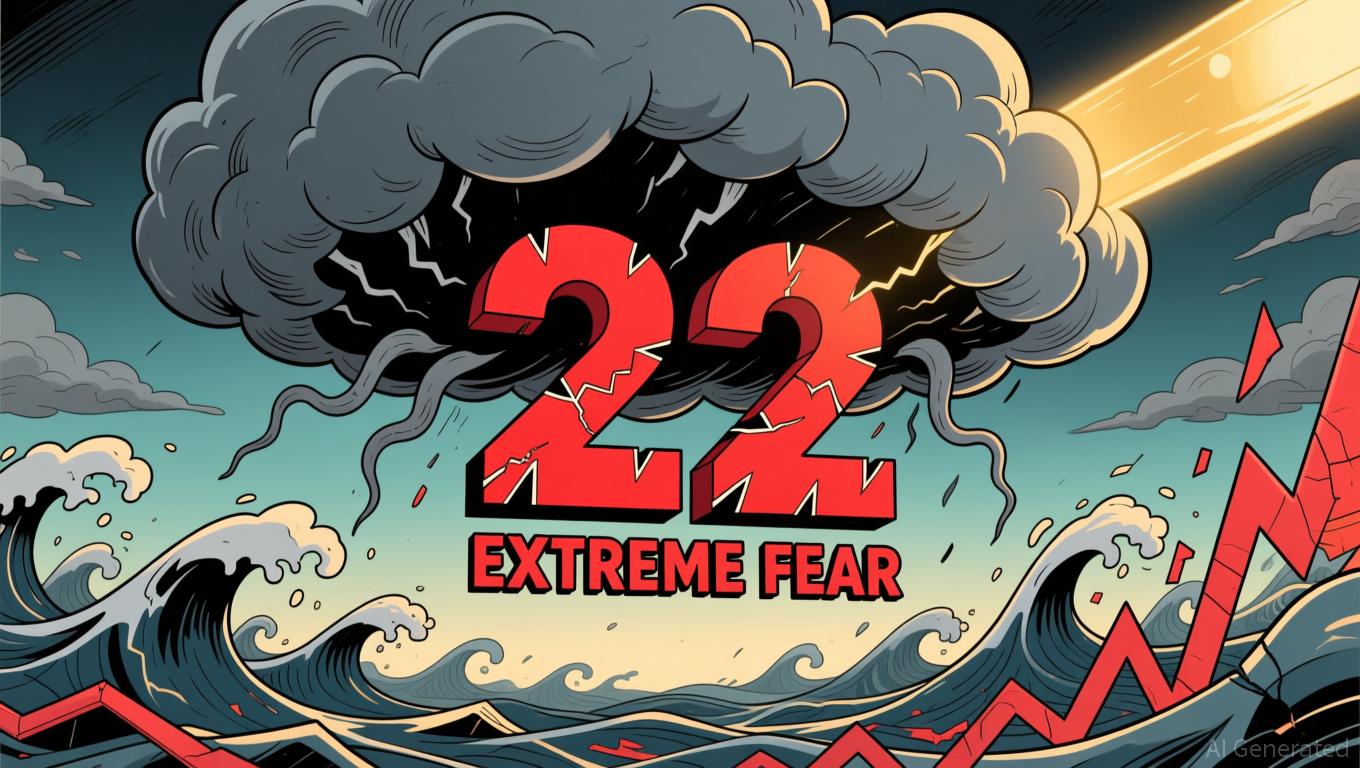Bitcoin News Update: Malaysia Tackles $1.1 Billion Crypto Theft Using Technology and Legal Measures Amid Concerns Over Energy Consumption
- Malaysia's TNB reports $1.1B losses from 2020-2025 due to 13,827 crypto mining sites bypassing electricity meters, primarily for Bitcoin . - Authorities deploy smart meters, AI analytics, and joint operations to combat theft, while landlords face liability for tenants' illicit mining costs. - Regulatory gaps persist as crypto mining remains legal but meter tampering is prohibited, with 300% case growth since 2018 and 45 landlords owing $2.1M. - Experts warn Malaysia's low energy rates and 4,000+ potentia
Malaysia’s state-owned power company, Tenaga Nasional Bhd (TNB), has reported losses of over $1.1 billion due to unauthorized electricity consumption by cryptocurrency miners from 2020 through August 2025, as detailed in a response from the energy ministry to parliament. Authorities have discovered 13,827 locations nationwide where operators either bypassed meters or altered electrical connections to run crypto mining activities,
The total financial impact has reached 4.6 billion ringgit ($1.11 billion),

The rapid increase in electricity theft has outstripped current regulations. While mining cryptocurrencies is not illegal in itself, the Electricity Supply Act forbids tampering with meters and making unauthorized connections—offenses that can result in fines or imprisonment
Industry analysts point to regulatory shortcomings that have worsened the situation. Malaysia’s low electricity costs and its increasing share of the global
TNB’s strategies to address the problem go beyond technological solutions. Public education campaigns are underway to encourage people to report suspicious activities, and landlords are being advised to file "Change of Tenancy" forms to avoid being held liable for tenants’ illegal mining. Despite these initiatives, the ministry admits that mobile mining groups, which frequently move to avoid detection, remain a significant challenge.
The magnitude of the issue highlights the ongoing conflict between Malaysia’s energy infrastructure and the high power demands of crypto mining. As Bitcoin’s price incentivizes riskier behavior, authorities are under increasing pressure to find a balance between fostering innovation and ensuring grid security. The energy ministry’s push for tighter regulations could influence how other countries manage the intersection of digital assets and energy policy.
Disclaimer: The content of this article solely reflects the author's opinion and does not represent the platform in any capacity. This article is not intended to serve as a reference for making investment decisions.
You may also like
Switzerland Postpones Crypto Tax Data Exchange to Meet Technological and International Requirements
- Switzerland delays crypto tax data sharing until 2027, aligning with global regulatory reevaluations amid evolving tech and market dynamics. - SGS acquires Australia's Information Quality to boost digital revenue, reflecting Swiss firms' expansion into tech-driven compliance solutions. - Canada's Alberta oil sands policy shift highlights governments prioritizing economic growth over strict climate regulations, mirroring Switzerland's approach. - BridgeBio's precision medicine and Aires' EMF solutions dem

Switzerland's Focus on Privacy Conflicts with International Efforts for Crypto Taxation
- Switzerland delays crypto tax data sharing with international partners until 2027, contrasting with global regulatory efforts to close offshore loopholes. - The U.S. advances implementation of the OECD's CARF framework, aiming to automate reporting on foreign crypto accounts by 2029. - CARF requires foreign exchanges to report U.S. account details, mirroring traditional tax standards and targeting crypto tax evasion. - Switzerland's privacy-focused stance highlights tensions between financial confidentia

Zcash News Update: Reliance Shifts Entirely to Zcash, Citing Privacy and Regulatory Alignment
- Reliance Global Group, a Nasdaq-listed fintech firm, shifted its entire crypto portfolio to Zcash (ZEC), divesting Bitcoin , Ethereum , and other major coins. - The strategic pivot, announced November 25, prioritizes Zcash's privacy-focused zk-SNARKs technology for institutional compliance and selective data disclosure. - Zcash's 1,200% 90-day price surge and Grayscale's ETF filing highlight growing institutional interest in privacy-centric assets. - The move reflects broader crypto industry trends towar
Bitcoin News Update: Bitcoin Fear Index Drops to 22 While Investors Look for Signs of Market Rebound
- Bitcoin Fear & Greed Index rose to 22 from 20, indicating slight easing of extreme fear but persistent bearish sentiment. - Bitcoin stabilized near $87,000 after hitting $80,553, yet remains below key resistance levels amid $3.5B ETF outflows. - Structural factors like leverage and liquidations drive selloffs, with ETF redemptions correlating to 3.4% price drops per $1B outflow. - Analysts note oversold technical indicators and waning retail capitulation as potential inflection points for near-term rebou
